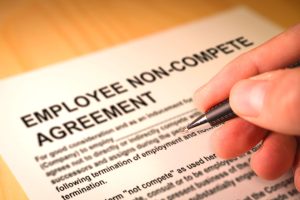Much debate in recent years has centered on whether American workers in certain industries should be compelled to continue their reliance on tipped wages. There are roughly 5.5 million such workers, and their non-tipped wages often fall far below both the federal and state minimum wages. They may also be subject to tip pools. 
As noted by the California Labor Commissioner’s Office, a “tip” is money left by a customer over the actual amount due for the services or goods they received. That money belongs to the worker(s) – not the employer.
Workers who rely on tipped wages are often (understandably) very protective of them. Tipping pools, which compel workers to share those tips with fellow employees, are not favored among tipped workers.
In California, tip pooling is legal as long as it is done in compliance with state and federal laws. However, there are specific rules and regulations regarding tip pooling that employers must follow in order to avoid violating workers’ rights.
Under California law, employers are allowed to require employees to participate in a tip pool, where tips are collected and distributed among employees who provide direct table service to customers. However, employers are not allowed to take any portion of the tips for themselves or use them for any purpose other than distributing them to eligible employees. Continue Reading ›
 Orange County Employment Lawyers Blog
Orange County Employment Lawyers Blog

















